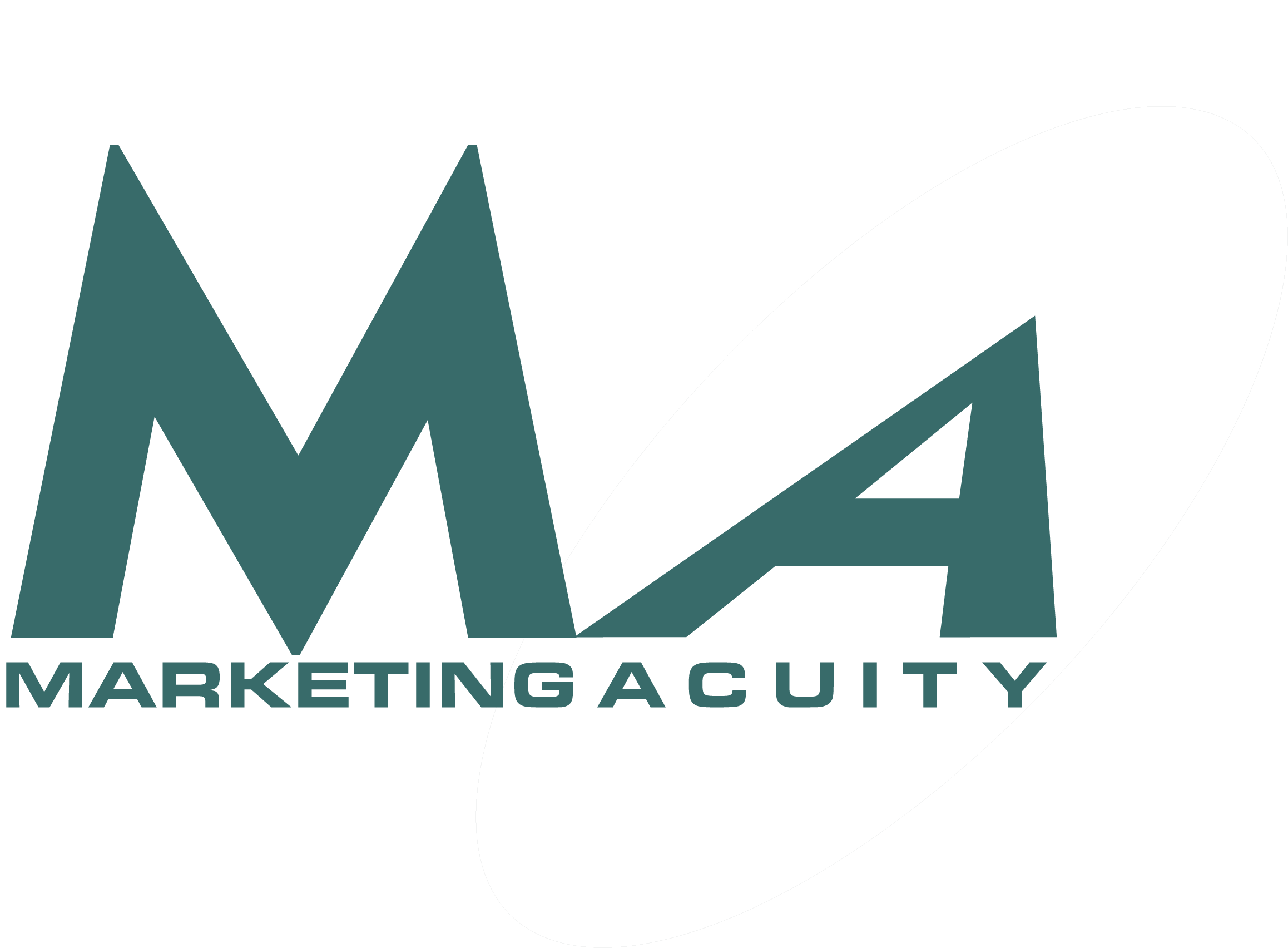We get this question more often than almost any other: How do I boost my search engine rankings for my specific keywords search terms? Or: why is this particular keyword search string on page 10 of Google search? The simple answer is you’ll be found for the things you write and publish regularly.
And whether you’re in the medical products field, such as software or hardware for medical applications, or you’re a dog trainer with a unique approach to handling wily canines, getting your site ranked higher for targeted keywords is an achievable goal.
First, explore the opportunity for that keyword search string:
- Is it a difficult keyword to rank for?
- Is it well searched with good monthly traffic?
- If the answer is that it is fairly easy to rank for (a low difficulty score) and has good monthly search traffic – ‘good’ may vary if your product or service is more specialized – then it’s a keyword you should develop content around.
- You can find out this information by using the Google Keyword Planner, available with Google AdWords accounts.
- You can also do this with marketing automation systems such as Hubspot.
As part of good online marketing, every site should have the basics of search optimization covered. Every page should have a unique meta title, description and keywords attached (it appears in the code of the page), and each page should have a single goal or topic to present to the reader. While we all love good rankings, we’re really looking to write for our audience, not for a search engine. A great ranking is of no value if the content doesn’t resonate with our prospect.
Meta, title and keywords are unique to each page and editing them is a feature almost universally included as part of most content management systems’ page or blog setup. So when you create a page of content, there’s a section at the bottom before you hit save which asks you what the meta title, description and keywords are for that page. Be sure to fill those in! If your CMS doesn’t have these features, ask your web developer to enable them.
Content is much more strategic. What does your audience want to know? What keeps them up at night? What are their challenges? Understanding these things – and writing about them – is critical for search success. You can find this out by conducting persona interviews of your best customers. This isn’t a survey, but an in-depth interview. You can read more about why your organization should have content built around personas here.
It does your firm no good to write blogs about topics that no one cares about. But if you want to be found for, say, gentle dog training classes, you should write things that include the words gentle dog training classes. This might be a series on what defines gentle dog training? Or, how to know if your trainer is deploying gentle dog training or even how to select gentle dog training classes. Each of these has a unique content focus; they are not all the same, yet each includes that critical keyword search phrase “gentle dog training”. And each page of your site (or blog, or both) should have a unique focus. Resist the urge to create catch-all pages with a lot of content in disparate areas.
If your product is a software package for health care providers, you should write about health care EHR systems, best practices for moving to a new EHR system or even the top 10 pitfalls you might experience when upgrading to a new EHR system.
Once you begin developing either blog or site content around specific long-tail keyword search terms, you’ll begin noticing that your rankings rising for those search terms. It’s not a set-it-and-forget-it model – you’ll need to keep blogging or writing articles or pages on your site on this search term to remain high in the rankings.
There is voodoo surrounding search engine rankings – and Google itself produces many guides for webmasters on how to increase rankings. Bottom line: you won’t be found for it unless you talk about it. Just as all good marketing, no one knows you’re there unless you talk about your business to the right audience! Good online content marketing matches up your content to what your prospects are searching for. Good content is informative, educational and helps the reader by answering a question they came searching for.
Web site content and blog content differ; web site content is designed to inform and persuade. Blog content is designed to educate. There shouldn’t be any sales content (such as, we’re so awesome at this!) on the blog, and web site content should include links to your educational blog content to provide a relatively unbiased look at a particular topic or question. Both help search engine rankings, though, by focusing on a single keyword search string per page of content.
The curtain of mystery surrounding your rankings for particular keywords should be pulled back a little after reading about how you can get your organization ranked for your keyword search terms. But if you still have questions or you want to see how you rank and how you can rank higher by creating better content, contact our team for a marketing performance review.



